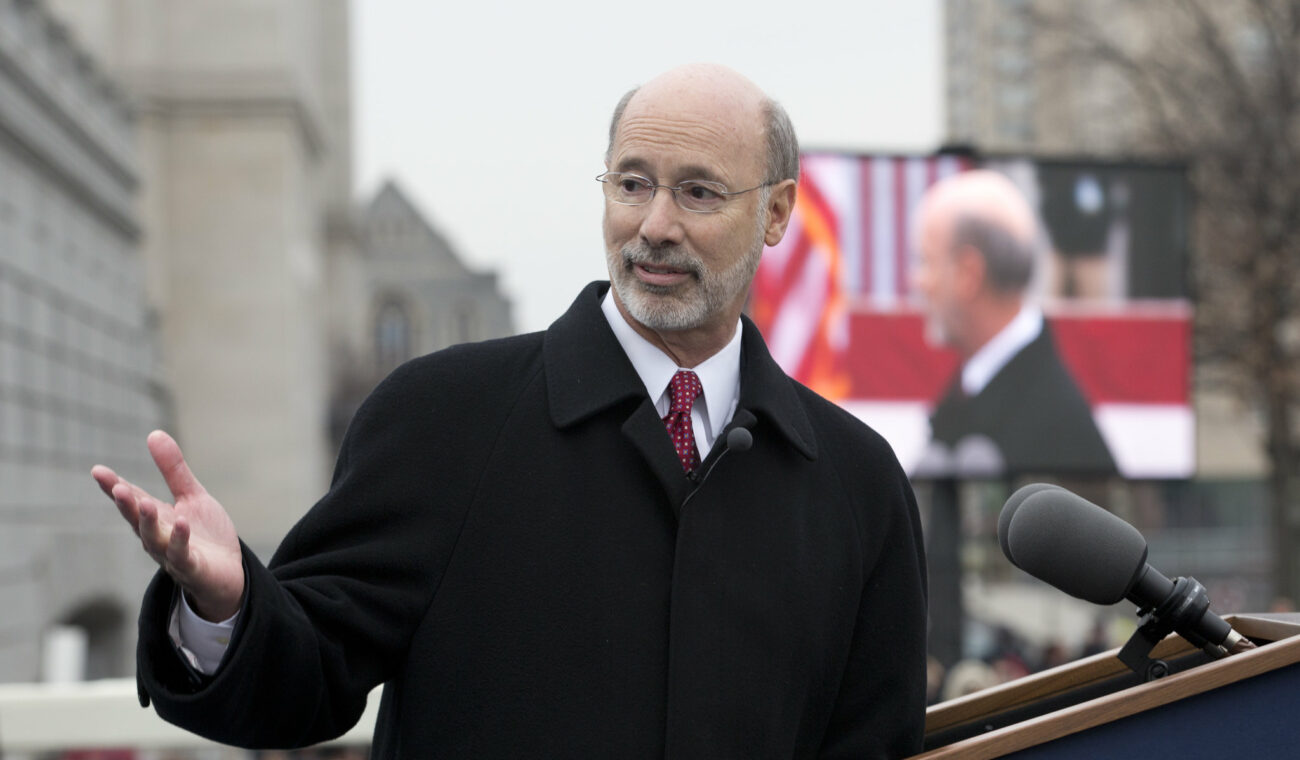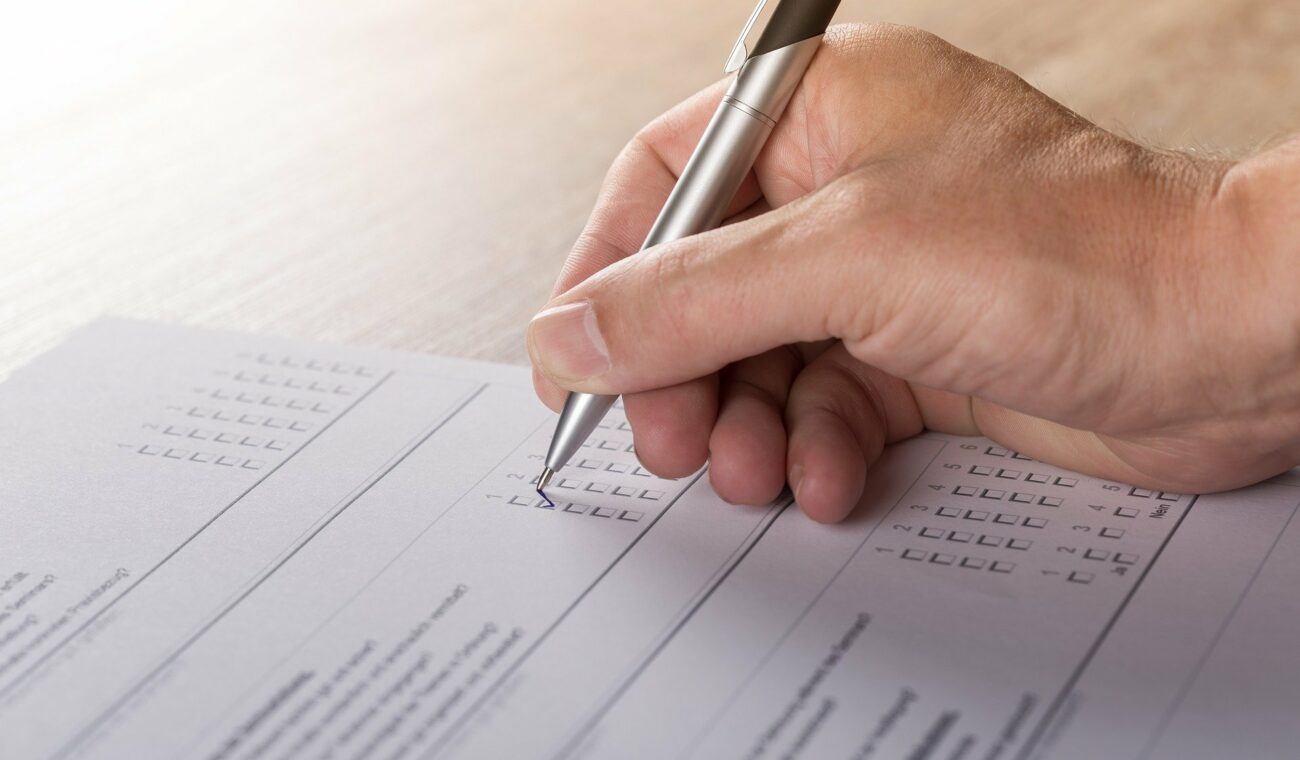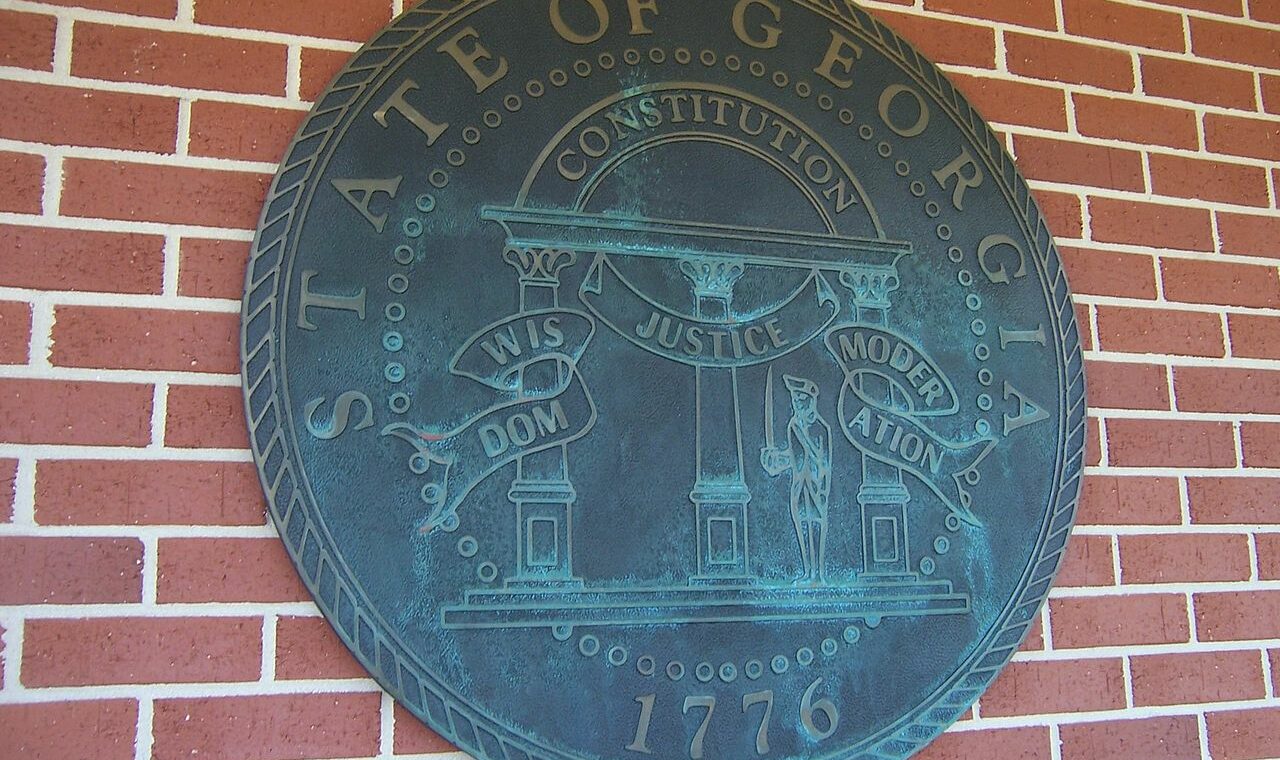Gov. Tom Wolf vetoes GOP-backed voting bill, calling it ‘riddled with unacceptable barriers’
The GOP-led Pennsylvania legislature has passed voting legislation which Gov. Tom Wolf has stated in a memo “is ultimately not about improving access to voting or election security but about restricting the freedom to vote.” Wolf has vetoed the legislation, which would push up the deadlines to register to vote and to request a mail-in ballot. The bill would also require that all in-person voters show identification and it would limit the use of drop boxes for mail-in ballots. Visit the Pittsburgh Post-Gazette to
Democrats working on three tracks in response to Senate voting rights defeat
Now that Republican Senators have rejected the possibility of debating the For the People Act in its current form, Democrats are regrouping to advance alternative approaches to reforming voting policy. The compromise bill outlined by Senator Joe Manchin (D-WV) is likely to take fuller form while Senate Democrats plan to host hearings on voting rights in states like Georgia, where restrictive laws have recently passed. Georgian Senators Jon Ossoff (D-GA) and Raphael Warnock (D-GA) are also working on a bill to protect election officials
Vermont Senate overrides vetoes of noncitizen voting measures, approves housing bill
The Vermont state legislature has voted to override two vetoes from Governor Phil Scott concerning the municipal voting rights of legal residents. Legal residents without citizenship in Montpelier, VT will now be permitted to vote in city government elections. Legal residents without citizenship in Wooniski, VT will now be permitted to vote in both city government and school district elections. Visit VTDigger to learn more.
With ranked-choice voting, NYC Democratic mayoral primary might take weeks to pick winner
The Democratic primary for New York City’s mayor has instituted a ranked-choice voting system, which may mean that the identity of the nominee will not be known until weeks after election day. Should none of the 13 candidates receive more than 50% of the vote on election night, tabulation of voters’ other rankings will begin a week later. Increased absentee voting this year may also delay a final count. Additionally, a new policy known as “curing” has been instituted, which allows an absentee voter
Georgia official seeks to remove 102,000 voters from rolls
Georgia’s Secretary of State Brad Raffensberger has announced he will be making public a list of 102,000 names scheduled to be purged from the state’s voter rolls. Voters will have forty days to respond and reactivate their registrations. Voters who do not respond in time will have to register again if they wish to vote. Georgia’s last round of purges in 2019 deregistered over 300,000 voters. Visit the Associated Press to learn more. Image Credit: Jonathan Schilling (CC BY-SA 3.0)





